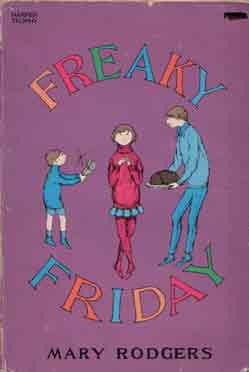 I read Empire of Illusion: The End of Literacy and the Triumph of Spectacle by Chris Hedges. Discussing the rise of a corporate-run entertainment culture throughout nearly every walk of life, designed to lull America into consuming more and thinking less, Mr. Hedges presented a disturbingly convincing argument that suggested we are basically headed for the end of the world (as we know it and want it). To calm myself down, I grabbed a couple of books on the opposite side of the ideological fence, just to balance the input I was getting. So I read some Glen Beck and some Ann Coulter. The irony is that they, too, were basically predicting the end of everything good and worthwhile, but blaming different people for it. Is that the nature of ideology? Is it ultimately just about who you blame?
I read Empire of Illusion: The End of Literacy and the Triumph of Spectacle by Chris Hedges. Discussing the rise of a corporate-run entertainment culture throughout nearly every walk of life, designed to lull America into consuming more and thinking less, Mr. Hedges presented a disturbingly convincing argument that suggested we are basically headed for the end of the world (as we know it and want it). To calm myself down, I grabbed a couple of books on the opposite side of the ideological fence, just to balance the input I was getting. So I read some Glen Beck and some Ann Coulter. The irony is that they, too, were basically predicting the end of everything good and worthwhile, but blaming different people for it. Is that the nature of ideology? Is it ultimately just about who you blame?Reading Mr. Hedges' work, fiercely intelligent and well-researched, I often felt like I was being lectured at. Reading Mr. Beck's and Ms. Coulter's work, both fast-paced and enthusiastic, I often felt as though I was being yelled at. I mentioned this to someone and she summed it up rather elegantly, I thought.
"That's because," she said, "liberals always think their party is smarter than it is and conservatives always think their party is dumber than it is."
I wonder, would any of us make any progress if we tried lecturing more to conservatives and yelling more at liberals?



